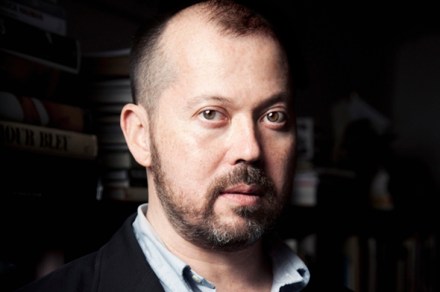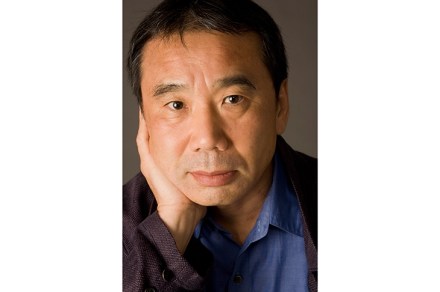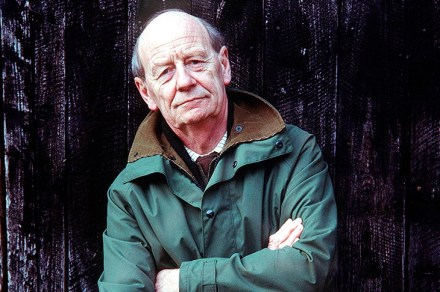You couldn’t make it up
Orhan Pamuk, writing about Vladimir Nabokov’s masterful memoir Speak, Memory, noted that there was a particular ‘thrill’ for the writer who calls ‘something wholly autobiographical fiction, something wholly fictional autobiography’. When Nabokov did this, Pamuk said, it changed ‘the secret centre of the story’. The fertile interplay of fact and fiction animates a pair of books by the Korean American author Alexander Chee: one a collection of essays, the other Chee’s debut novel, published in the US in 2001 but appearing in Britain for the first time. There’s something strangely nostalgic about reading Edinburgh (it’s set in Maine; the title is a reference to a book that features in the





















